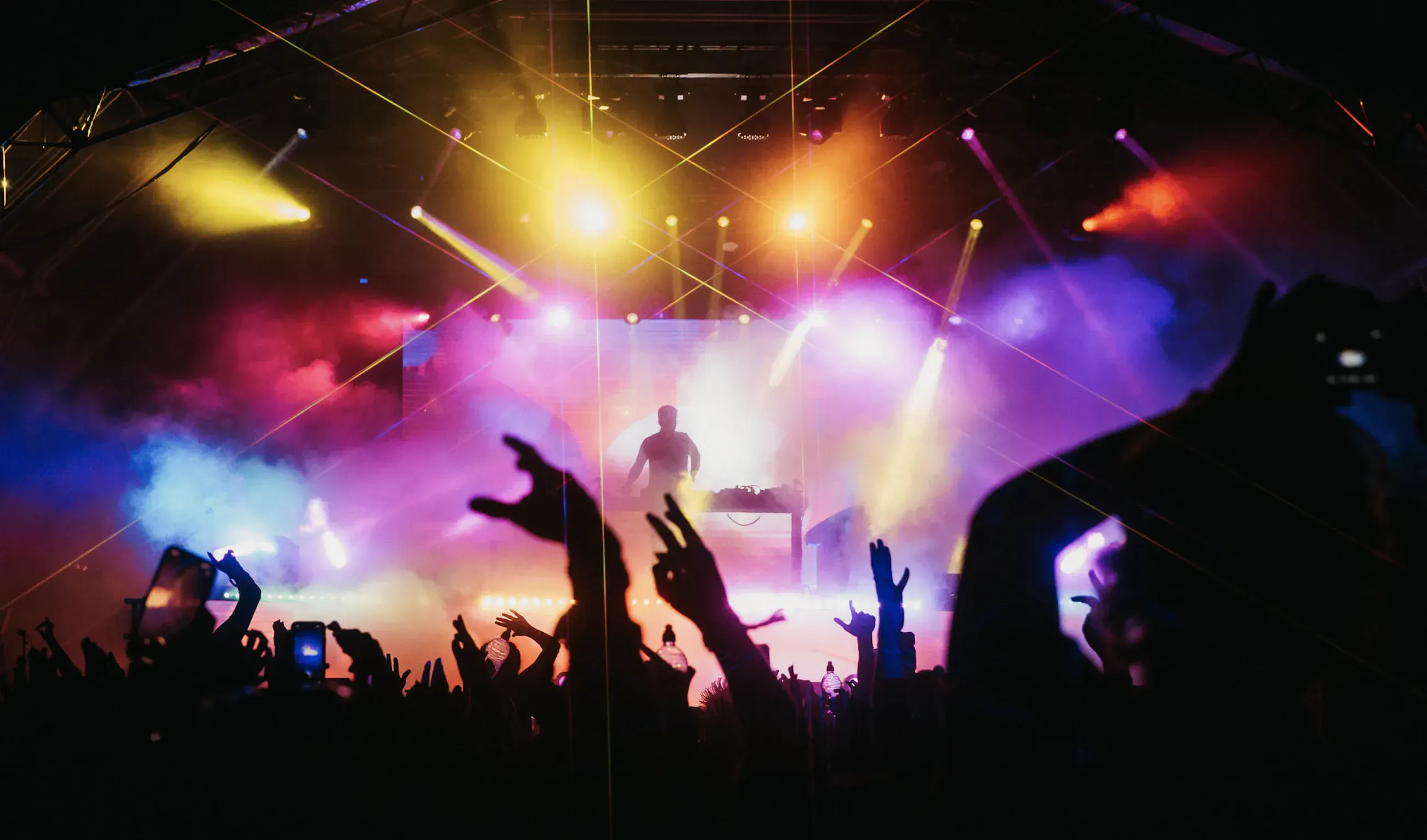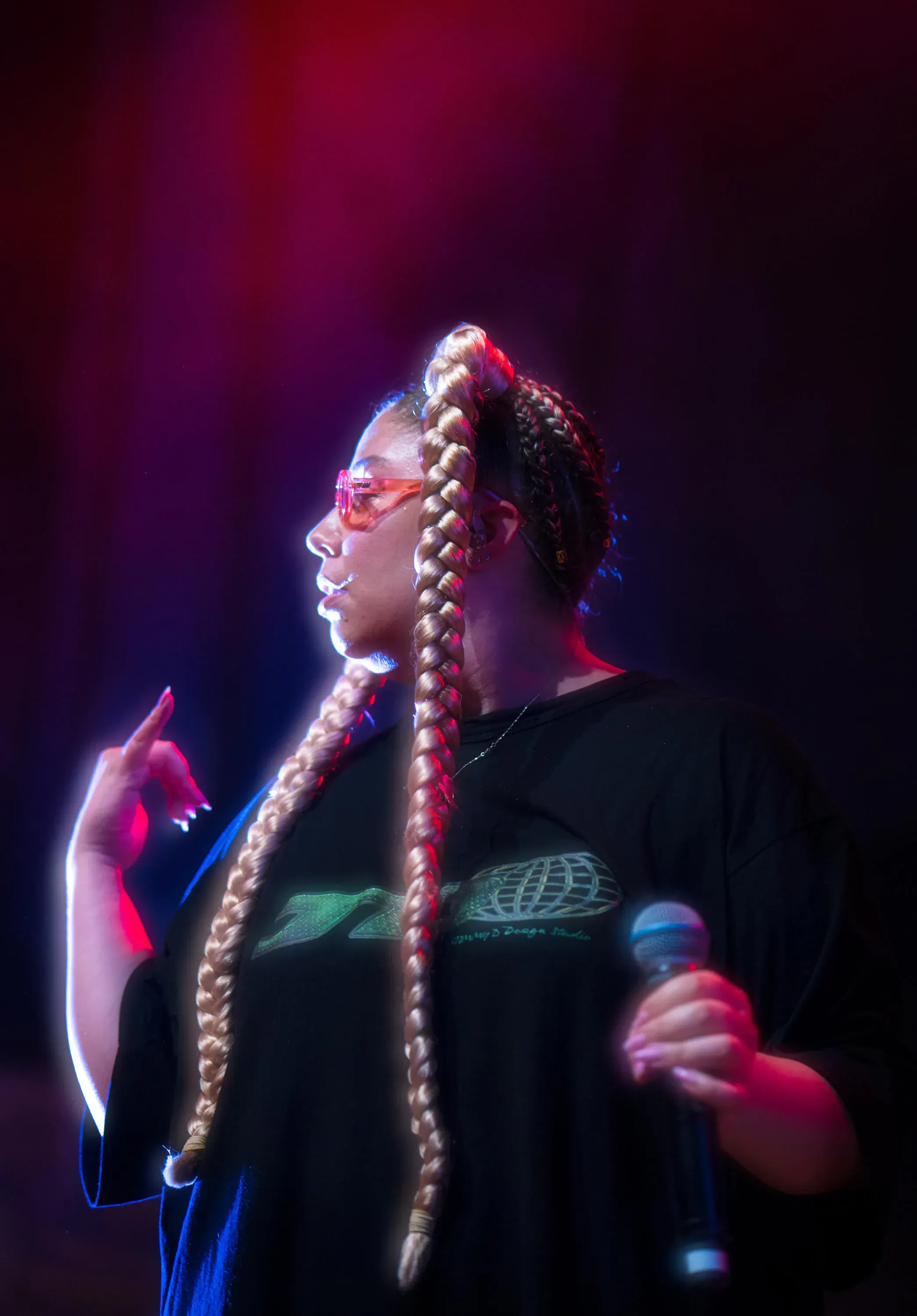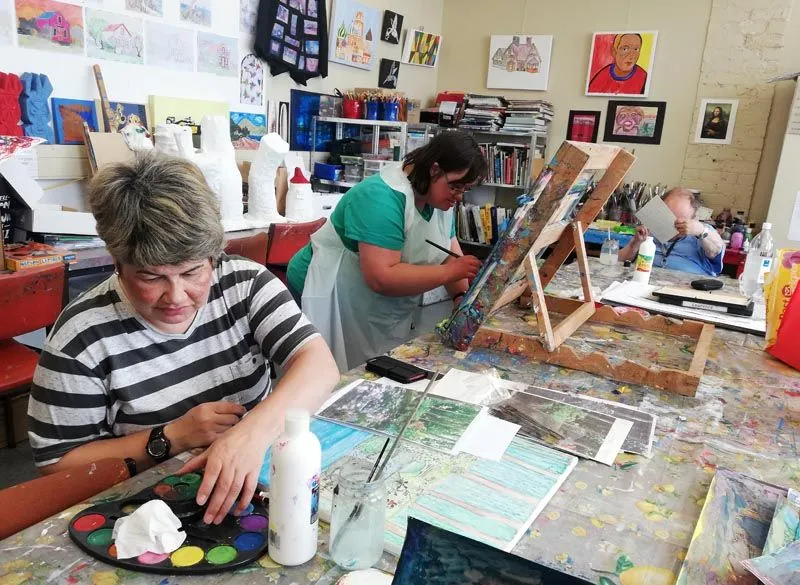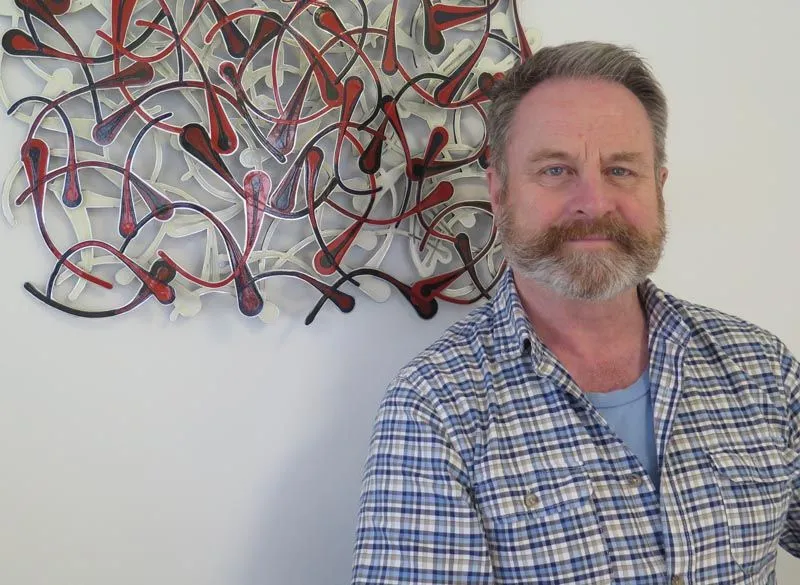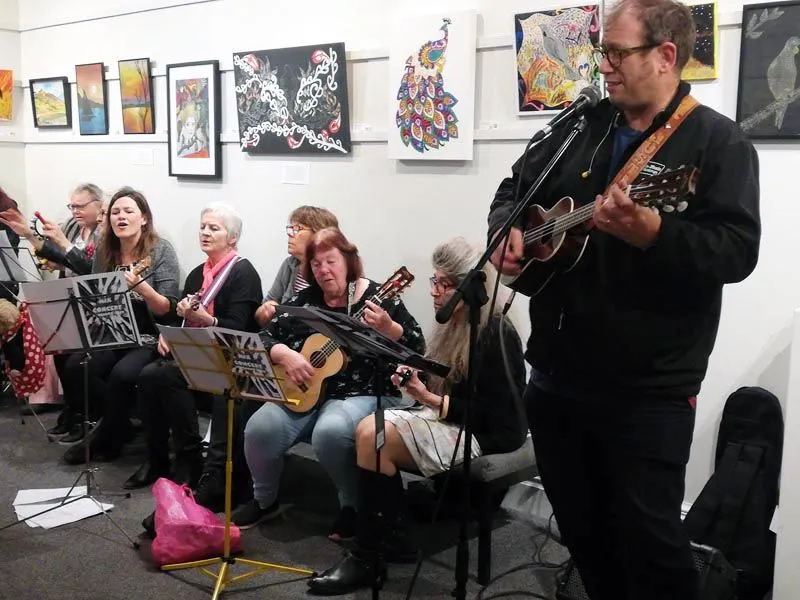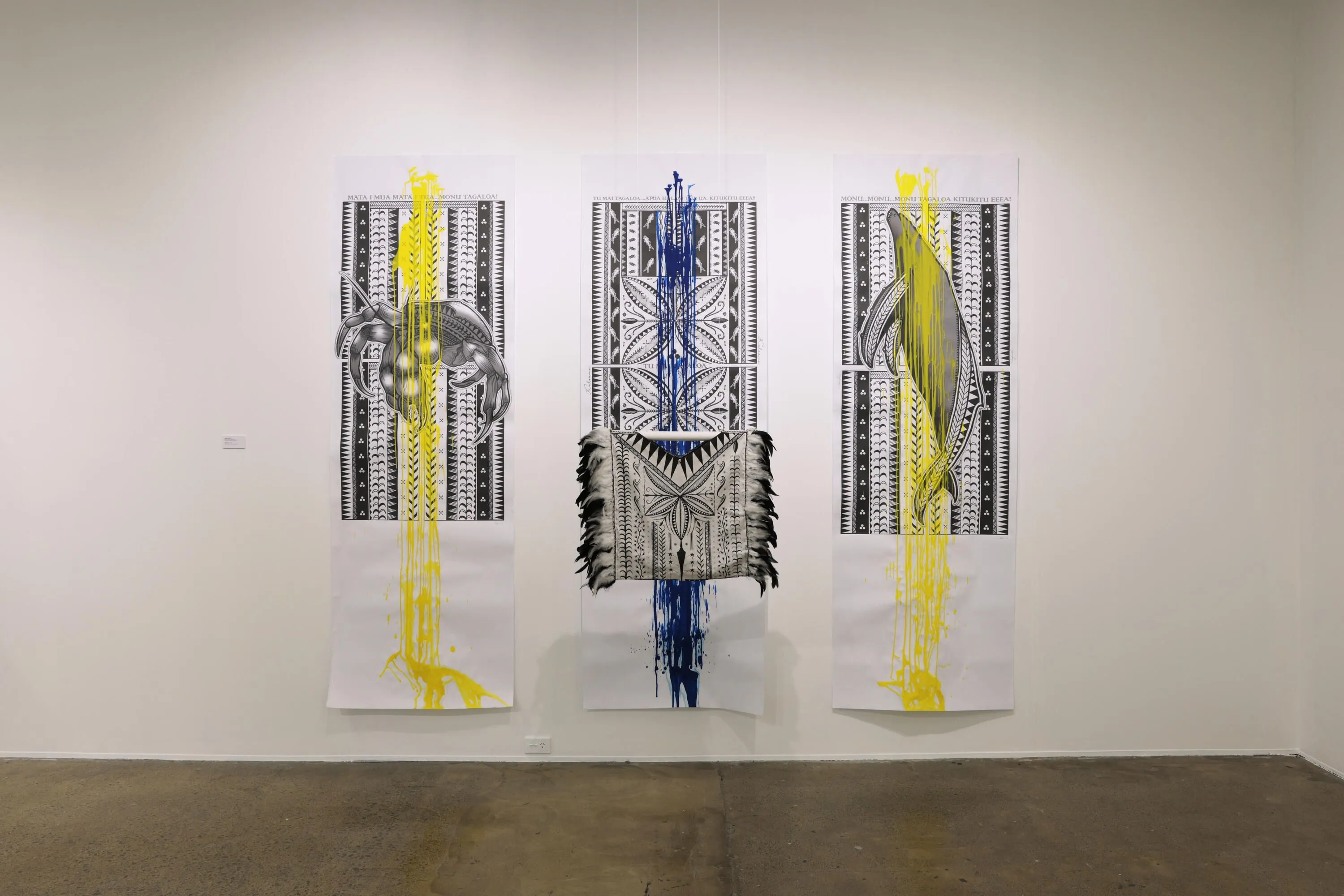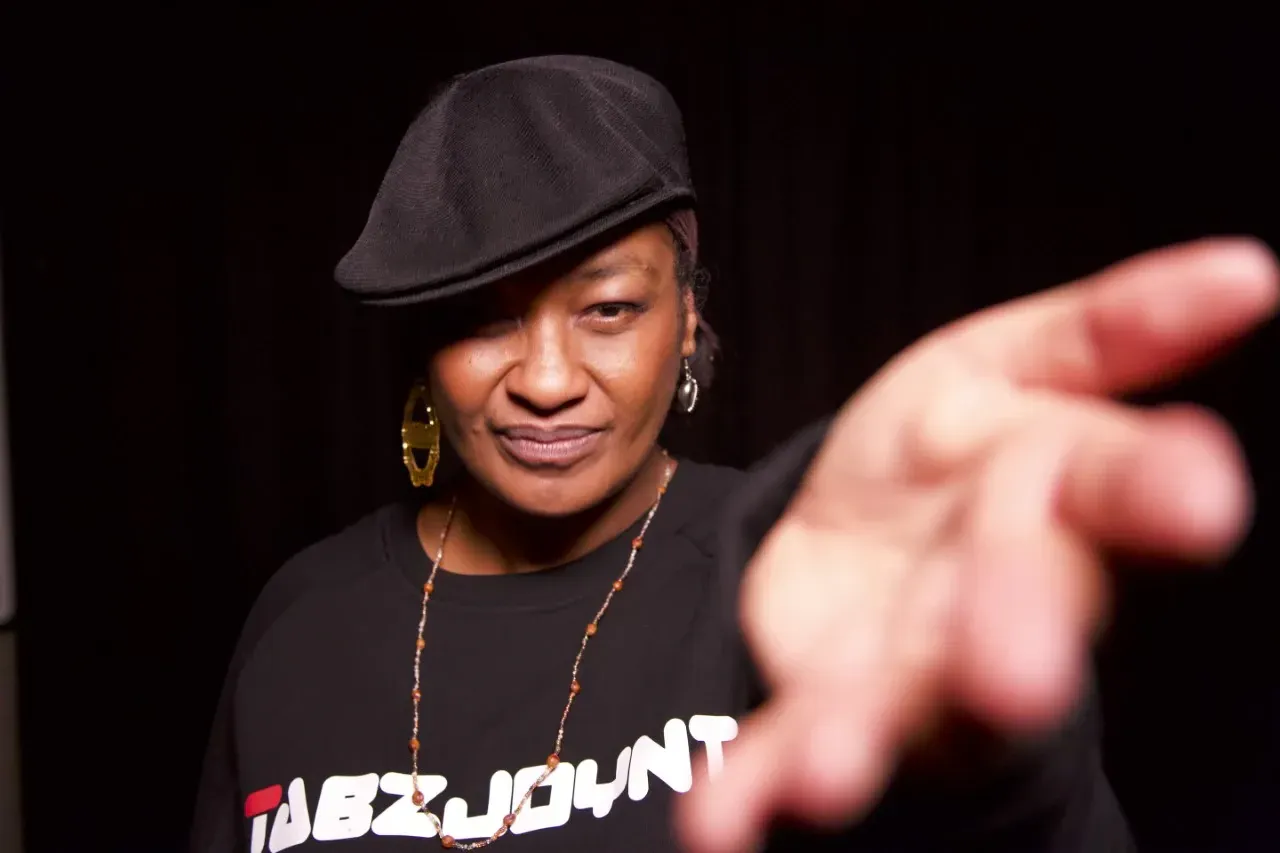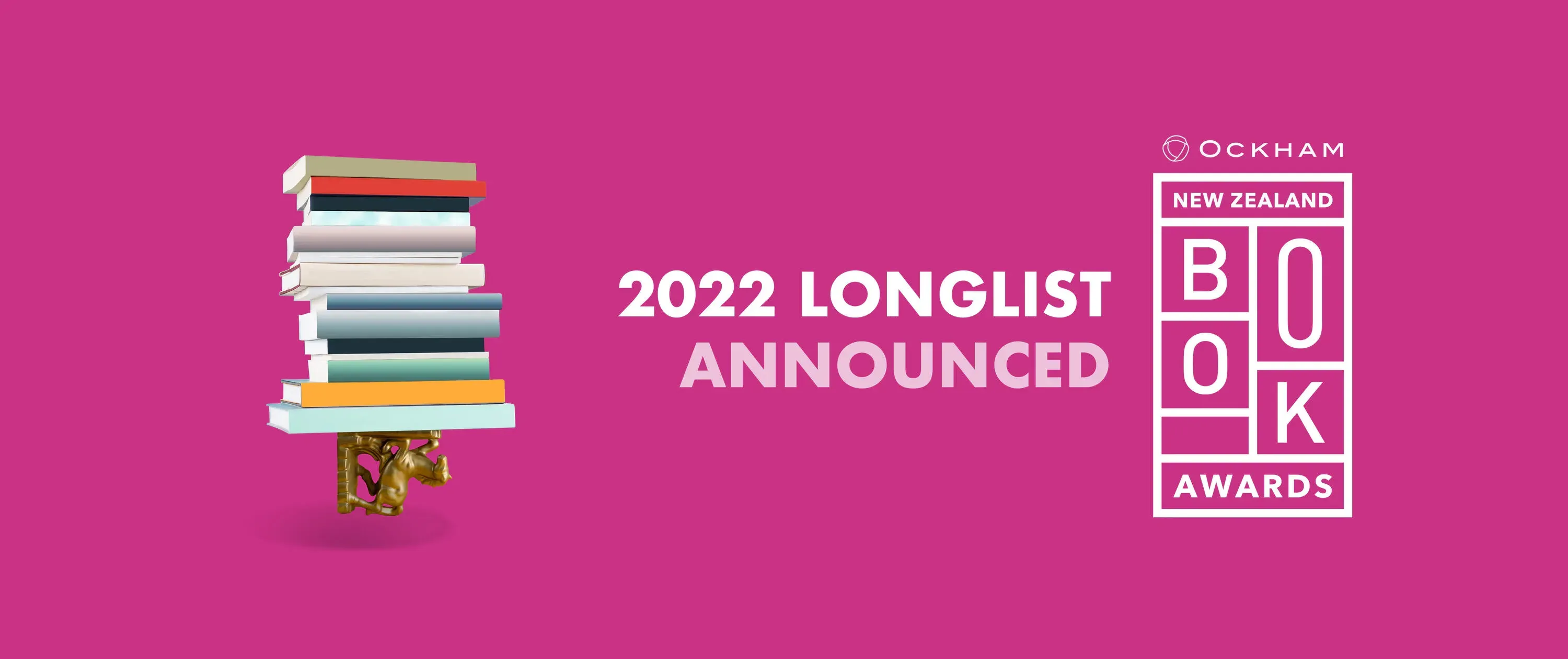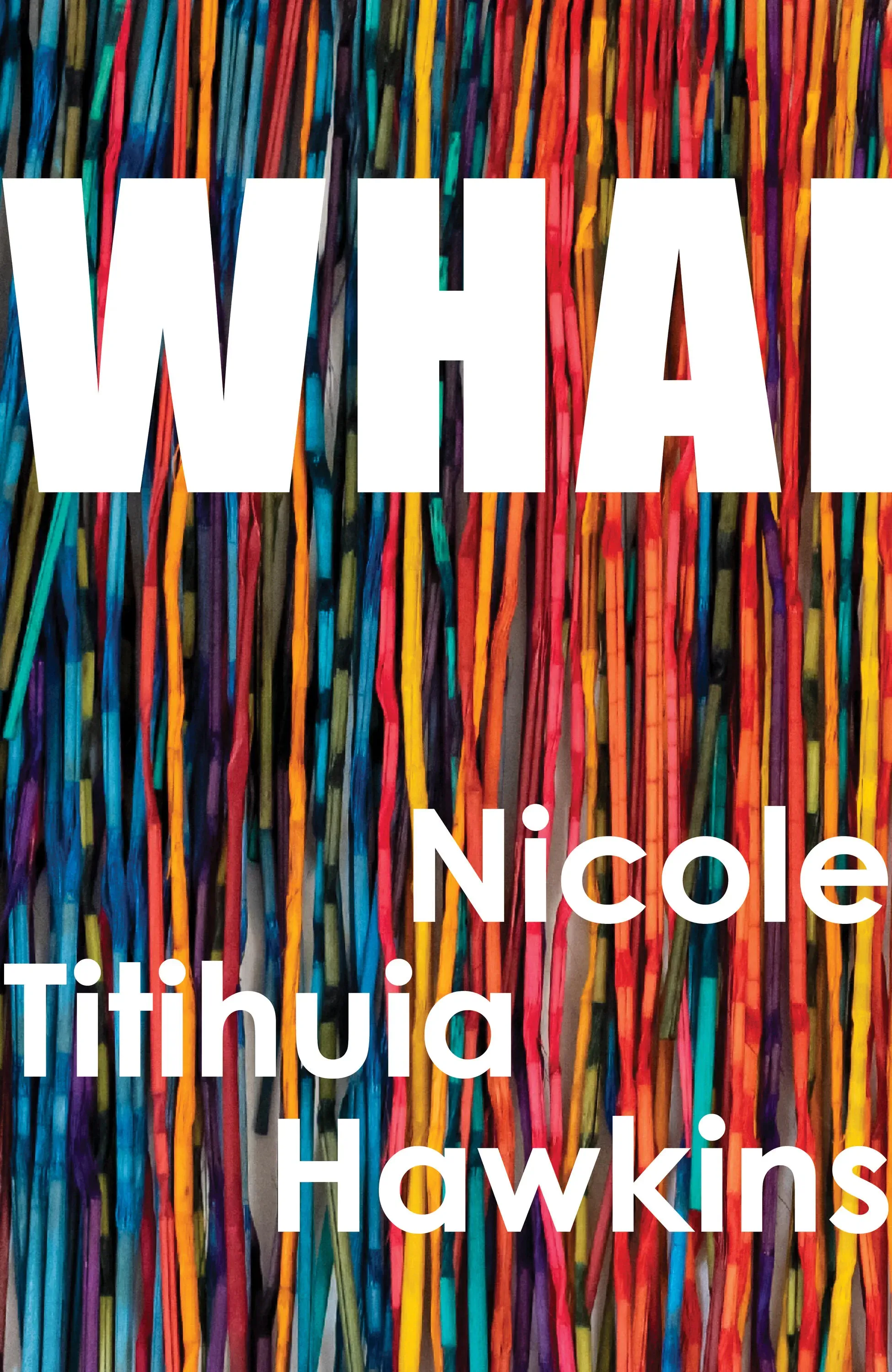Art Suffering in Red Light Reality
Written by
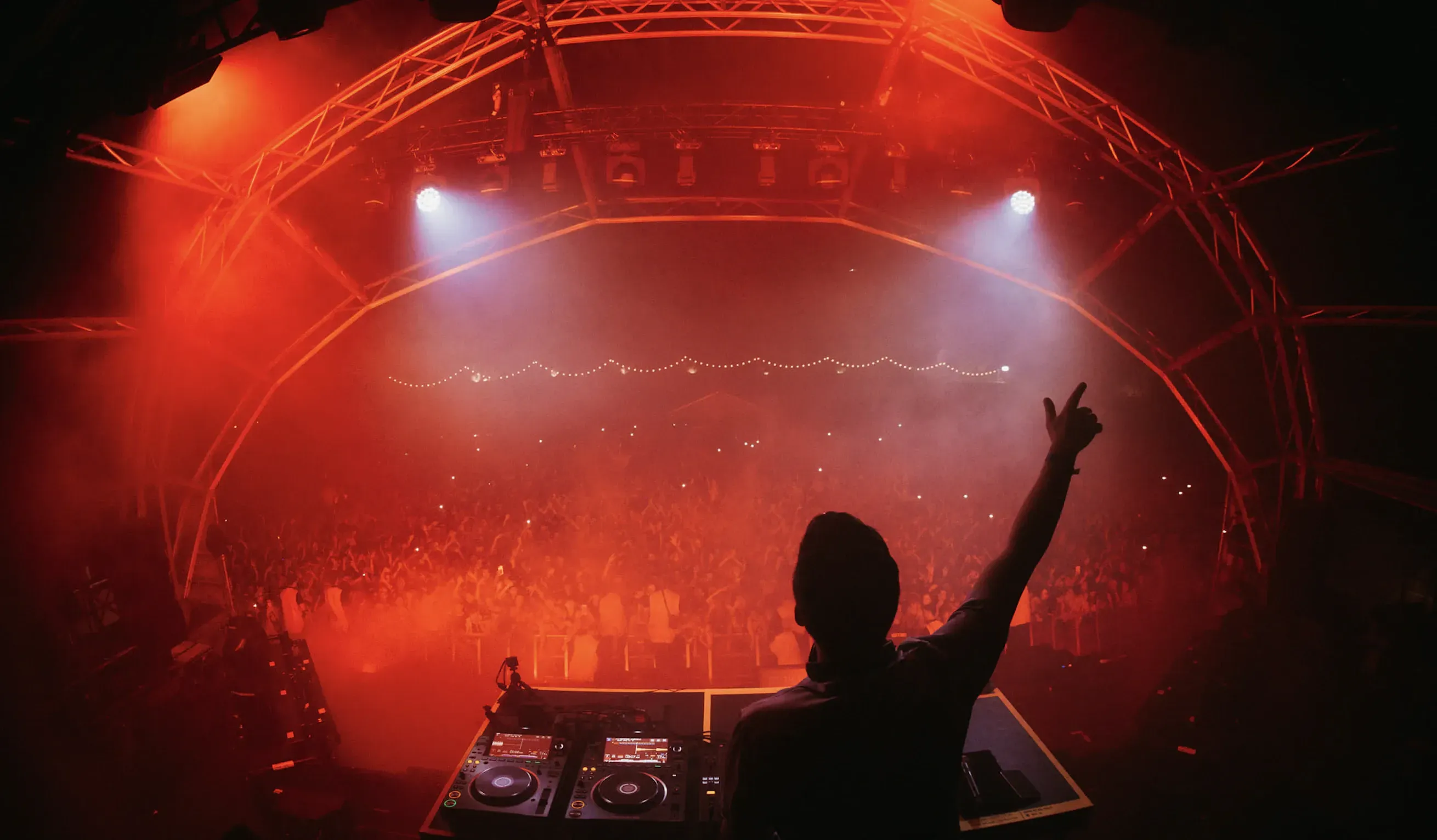
The hits keep coming for music festival promoters and artists - but not the kind they were hoping for.
Aotearoa’s Red Light status is another slow suffocation on the performance and live events industry that has only just come up for air.
The Big Idea has been keeping tabs on our creative community to keep the dialogue open in these distressing times, starting our coverage with Oh C’mon, Omicron!.
We’ve also reached out to those who hold the highest arts offices in the land, with an exclusive opinion piece from Minister for Arts, Culture and Heritage Carmel Sepuloni looking at the Red Light impact and where the Government’s focus lies for the arts in 2022.
As well, Manatū Taonga has given TBI an insight into how the Ministry for Culture and Heritage’s (MCH) Event Support Scheme is proving its worth.
But of course, the most important consideration right now is how our creatives - along with the creative-adjacent industries, are coping being back in the firing line.
It’s not just the cancellations bringing Omicron too close to home, with the news media apparently the first to be told by the Ministry of Health on Wednesday that Hamilton’s Soundsplash Festival - before any information was passed on to the actual organisers.
The ugly, overused phrase “superspreader event” is already being used in full force for the Mystery Creek spectacle, which threatens not only the health of those affected but the reputation of future festivals - with a stigma that could make future concert-goers more apprehensive.
Festivals were lauded as the poster child and largest carrot for the “two shots for summer” campaign and held to the most stringent of My Vaccine Pass rules. When disaster strikes, musicians are often the first to put their hand up to help out with fundraising gigs. Now the shoe is on the other foot - who will step in to help them?
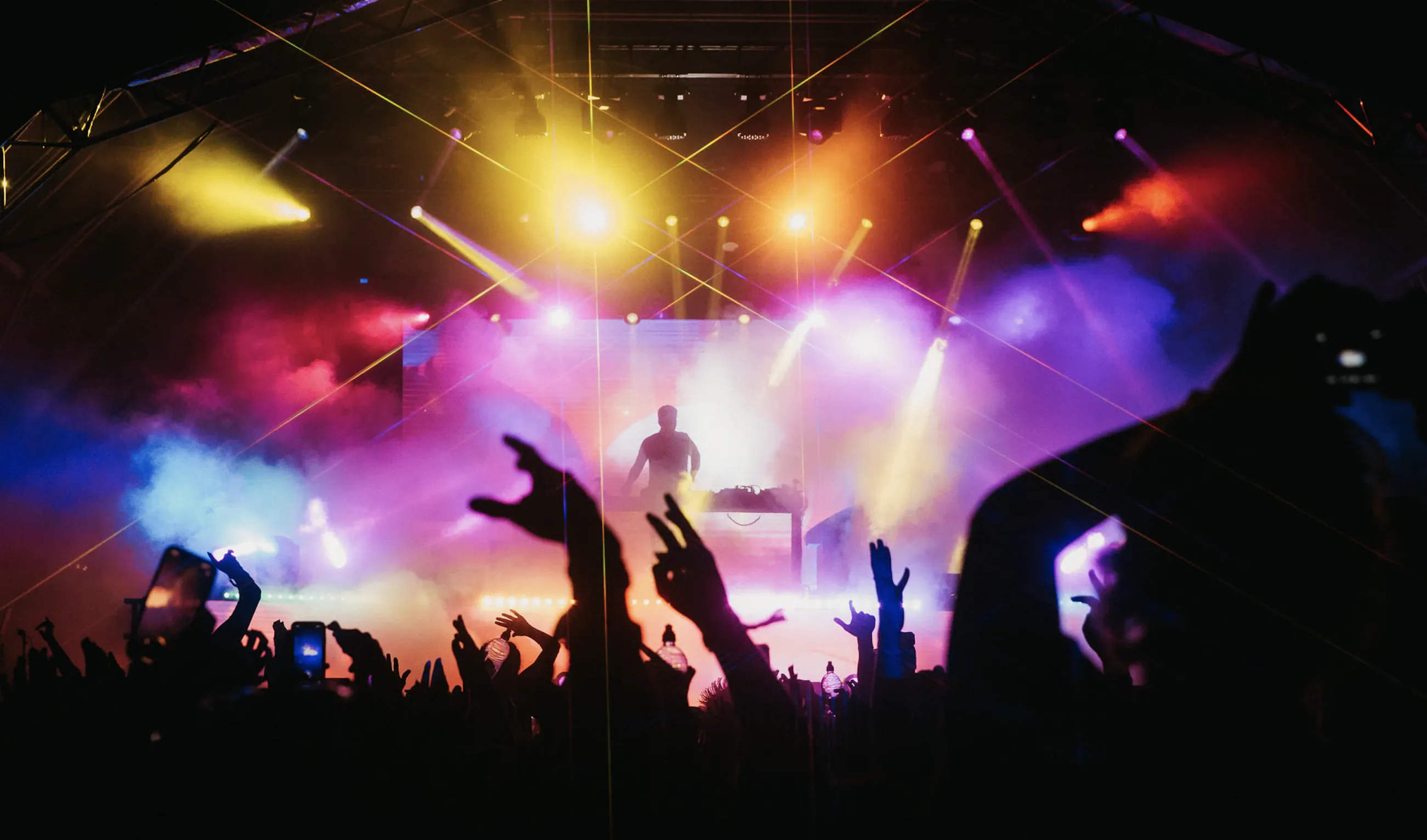
The location was interesting but Soundsplash Festival attendees may have found themselves at a location of interest. Photo: Soundsplash Facebook.
Lorraine Barry knows the importance of this time of year. With a staggering international CV and 17 years as manager of Sir Dave Dobbyn among her current stable, she’s also on the board of the NZ Music Commission.
Barry told The Lowdown that artists and the live industry “heavily rely on the feast of summer festivals and outdoor events because up ahead are leaner times. But suddenly at ‘Red’ there is no work to go to, no payday.
“At very short notice, many hundreds of people are now unemployed and will struggle in the coming days and weeks. It is that serious.
“Just consider one outdoor concert and it’s ripple,” she details.
“The venue, artists, musicians, management and promoter, as well as the companies and sole traders who provide and operate the infrastructure – staging, sound/lights/visuals, stage crew, backstage coordinators, fencing, security, toilets, marquees, food vendors, tickets, merchandising/sales, parking, signage, safety, trucks and more.
‘Hundreds of people’s income has now been wiped across dozens of events already.
“There will be few who argue against the need for restrictions, but all will be hoping for assistance when the ability to work is now gone.”
It’s for that reason that a petition has been set up by an unidentified user going by ‘NZ Music Industry' on change.org titled ‘Support payments for workers and businesses unable to operate under the Red setting’- just crossing the impressive 15,000 signatures threshold at time of publication after only two days.
The petition states “throughout previous COVID frameworks, kiwis have had access to wage subsidies and resurgence payments - However, this time around, no such support has been made available despite some industries being totally unable to operate.
“After an already brutal 2021 for the music and live events industry especially, being left without work again in 2022 could see the decimation of many livelihoods.”
That’s backed up by Paula Yeoman who manages the likes of Theia, TE KAAHU, Paige, TOI and Nganeko for NikNak Media.
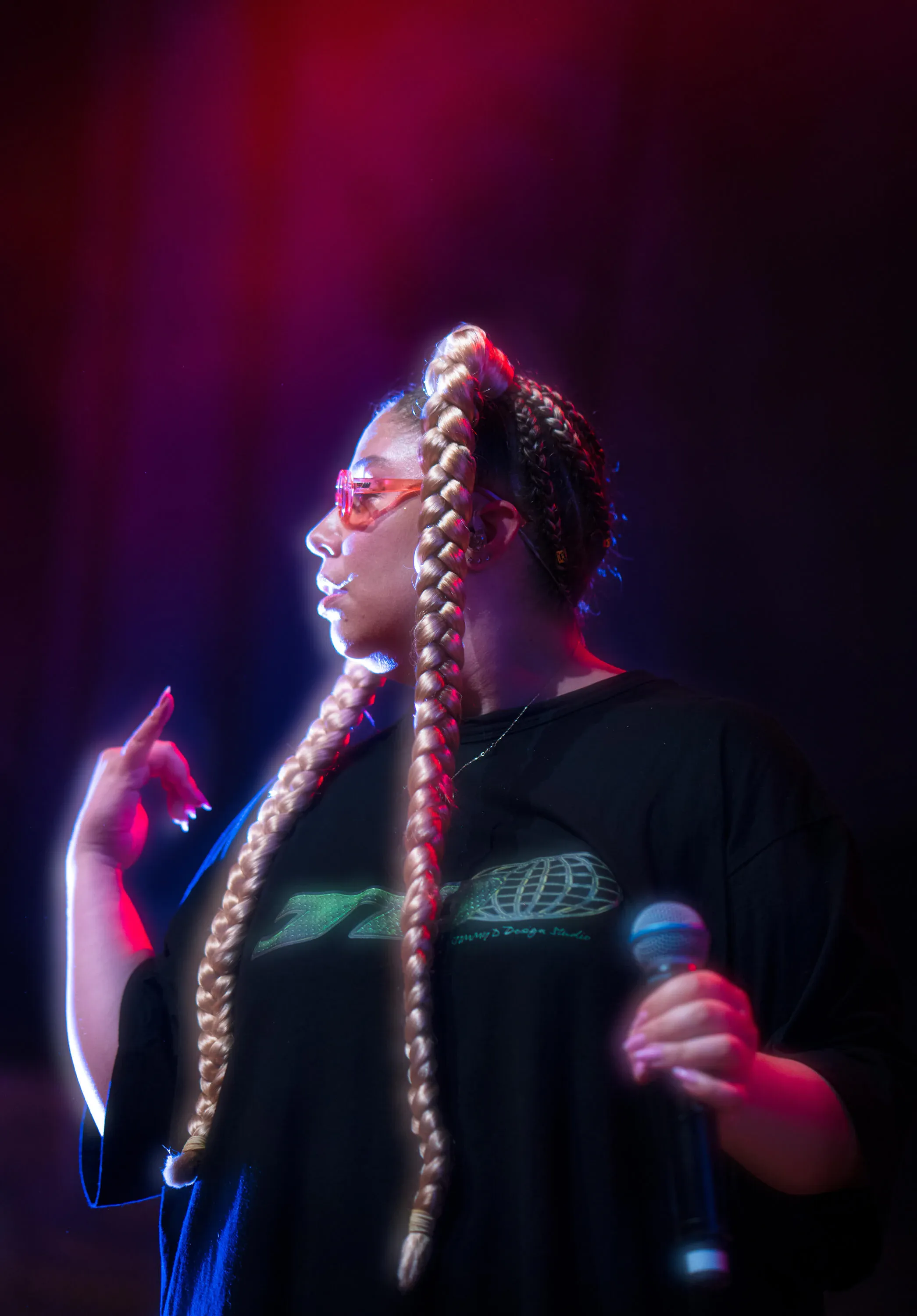
Theia performing live something she's yet to do in 2022. Photo: Tom Grut.
She explains to The Lowdown “obviously the financial losses hit hard. These summer months of playing shows are when acts make the bulk of their annual income.
“We know that streaming doesn’t pay, unless you are hitting numbers like Taylor Swift or Ed Sheeran, so losing these shows is huge and has many knock on effects.
“But more than just finances, it means that artists lose one of the tried and trusted ways of connecting with their audiences and for those up-and-comers, playing live is a crucial part of building a fan base. For those more established acts, it’s detrimental to growth.
“Often the next step after building a live fan base in NZ is getting your foot in the door across the Tasman. But for many managers, it’s too risky - we can’t have artists stuck overseas and not able to get spots in MIQ.
“For artists who have poured their heart and soul into their music, performance is a creative outlet. It’s part of their artistry. And I think many around the country will be really hurting right now.”
So aside from wage subsidies, what support do our creatives actually need right now? The burden is both monetary and mental.
Yeoman sings the praises of MusicHelps in times like this, the charity that not only uses music to help the community but helps the community of musicians directly as well.
Carmel Bennett, MusicHelps Community Relationship Manager, described the current situation as “devastating”.
She told The Lowdown “the anxiety of having current work cancelled and the uncertainty of when we’ll be working again is stressful across all sectors of the business.
“MusicHelps continues to offer a 24/7 helpline for anyone who earns a living through music and needs to talk. Our counselling service will continue to operate but will be via Zoom. Anyone in the music business who needs help should call 0508MUSICHELPS.” (the charity also accepts donations for anyone wanting to support their mahi - you can track them down on Givealittle).
Bennett and Yeoman are also in agreement on how the public can best support musicians - buy their CDs and vinyl, go to their shows when you can - and legally download their music.
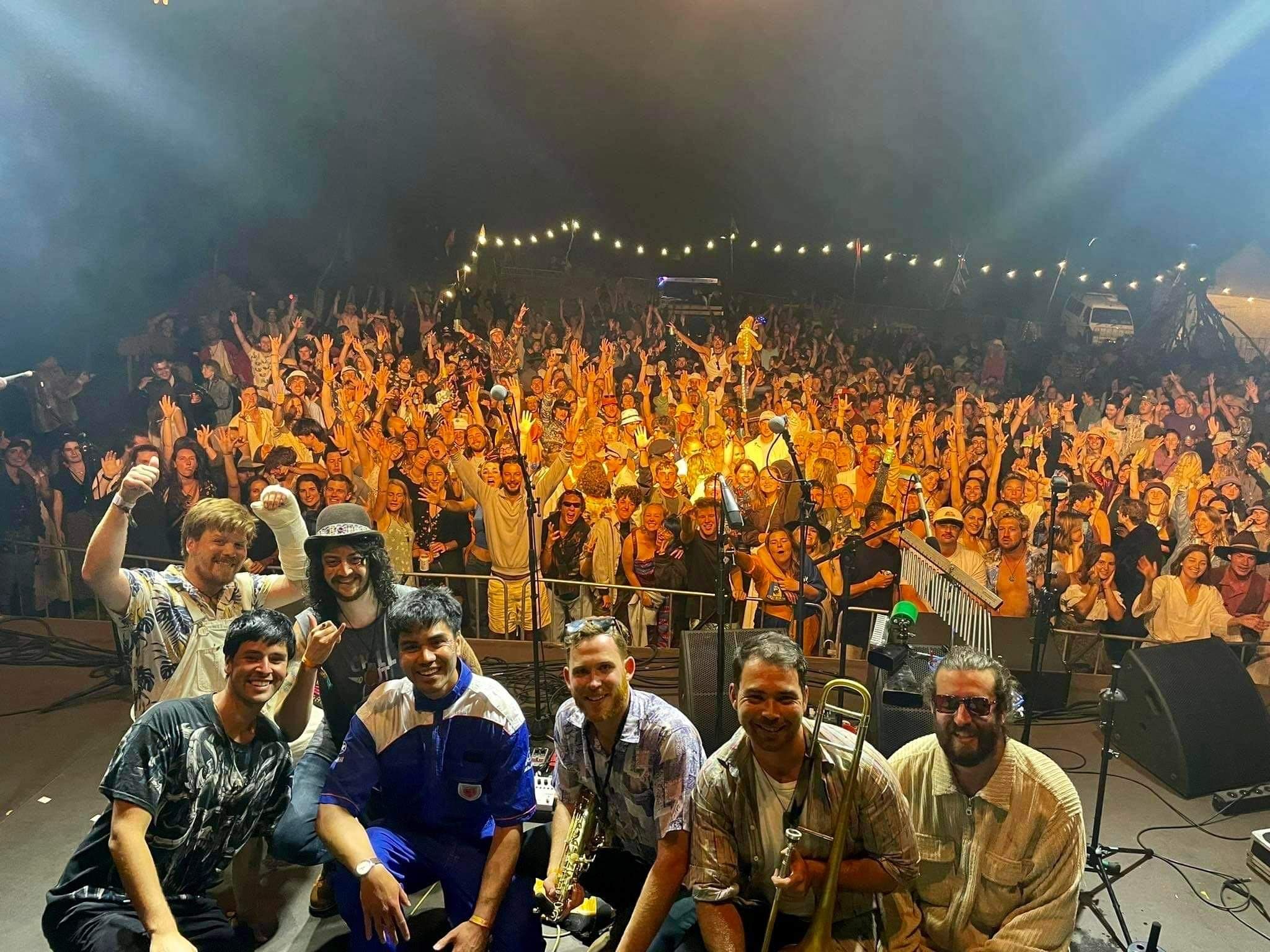
TOI soaking up the vibes after performing at Tora Bombora. Photo: Supplied.
Yeoman details “streaming still helps, of course, so keep playing local. And where possible buy music through the likes of Bandcamp, as more goes directly to the act.
“Make sure you let your favourite radio stations know when you like the local music they play. Text/message in and request songs from local artists, and not just the big names they already play but up-and-coming acts you’d like to hear more of.
“Support artists you like via their social media channels. It may seem like a small thing, but the likes/followers you have does matter. For instance, it can help artists to secure funding.
“Buy merch online. This is a major help and a good source of income for many.
“For those who work in the creative and media industries, think about where and how you can promote local music over international music. If you’re an ad agency, sync a NZ song instead of an international one. If you are a radio programmer, give more air time to NZ acts.”
Treading carefully
Performing arts of the theatrical kind are also reeling under Red.
With most productions indoors and often in smaller or more manageable seated venues than those usually associated with music and festivals, forging on is a more realistic option.
But the big guns are still looking at all their cards before playing their hand.
As mentioned on Tuesday, Auckland Arts Festival are still “working through all the framework options”, according to Chief Executive David Inns.
And the Aotearoa New Zealand Festival of the Arts are asking for audience feedback through a short survey (that closes at midday Thursday) as they finalise the specifics of their plan.
Performing Arts Network of New Zealand (PANNZ) Chief Executive Louise Gallagher told The Lowdown “this current situation is extremely difficult for everyone - artists, designers, production crews and anyone who is a part of our incredible arts community.
“We wholeheartedly support the government’s plan for navigating the Omicron outbreak, but we have to keep fighting for our industry’s survival right now.
“As the industry navigates this next wave of cancellations, postponements and limited audience numbers, we hope to see the Wage Subsidy and other financial support reinstated for the duration of the Red Light setting.”
That’s something Equity New Zealand Director Denise Roche is advocating for strongly. She told The Lowdown “the only support available at the moment is for large scale events that are facing cancellation and that’s left many of our professional theatres in limbo..
“Most performers are independent contractors and under the previous alert levels system, they were able to access the wage subsidy or the COVID-19 Resurgence scheme. Many have very precarious incomes at the best of times and the Government support schemes gave them surety of some income.
“The difference with the current scheme is that where productions can access it, it goes straight to the production or producer - so performers are in the position of having to negotiate individually with them for cancellation payments.
“We are hearing from some venues that they will try to continue with social distancing, mask wearing for the audience and reduced audience numbers – but we know that for our larger theatres this is likely to mean that productions will run at a loss and is just not financially sustainable.
“The experience from Australia has been that as Omicron becomes more prevalent in the community ticket sales have plummeted as audiences decide to stay away and this has forced the closure of several large shows. We are likely to experience the same behaviour.”
Gallagher is calling for audiences to stand in solidarity - not just applause - where possible.
“If you’re looking for a way to help the arts right now, we encourage you to donate your ticket price back to those organisations and artists who have cancelled their events - if you’re in a position to do so.
“If you feel comfortable, we also encourage you to think about attending events that are still going ahead in a safe way. All of these things are vital for our industry to keep moving forward as we enter the third year of disruption from this pandemic.”
PANNZ is putting its money where its mouth is. Having already planned their 2022 annual Arts Market to take place online to avoid headaches - Gallagher has told The Lowdown that in light of the current COVID situation PANNZ will be waiving registration fees for artists and producers to access the four day event, starting 28 February.
Don't cut off creativity
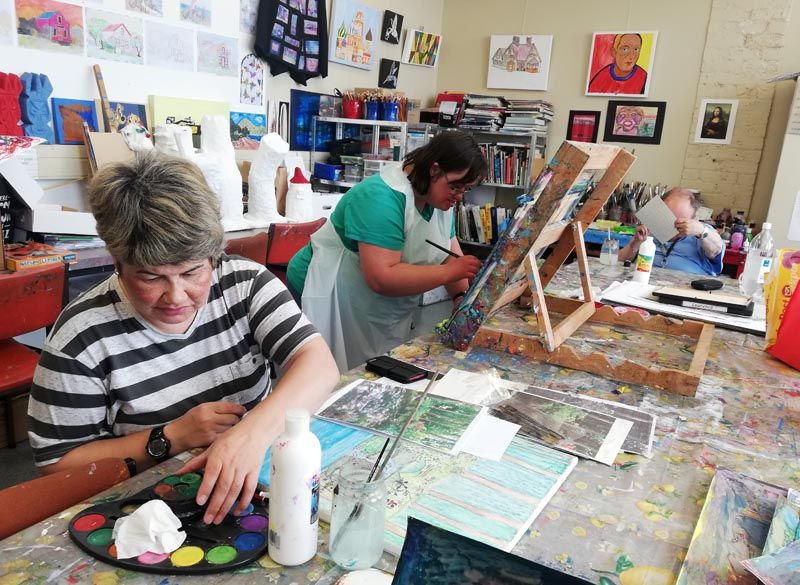
CS Art, a creative space in Invercargill. Photo: Supplied.
It’s not just those in live events having their creativity disrupted.
Art plays a crucial role in supporting the wellbeing and building a sense of community for many New Zealanders. And for those who provide that outlet for people with barriers to entry like disability and mental health issues, job stability is crucial.
Executive Director of Arts Access Aotearoa Richard Benge told The Lowdown “we work with a network of creative spaces around the country, which provide safe, nurturing places where often-vulnerable people can make art and perform.
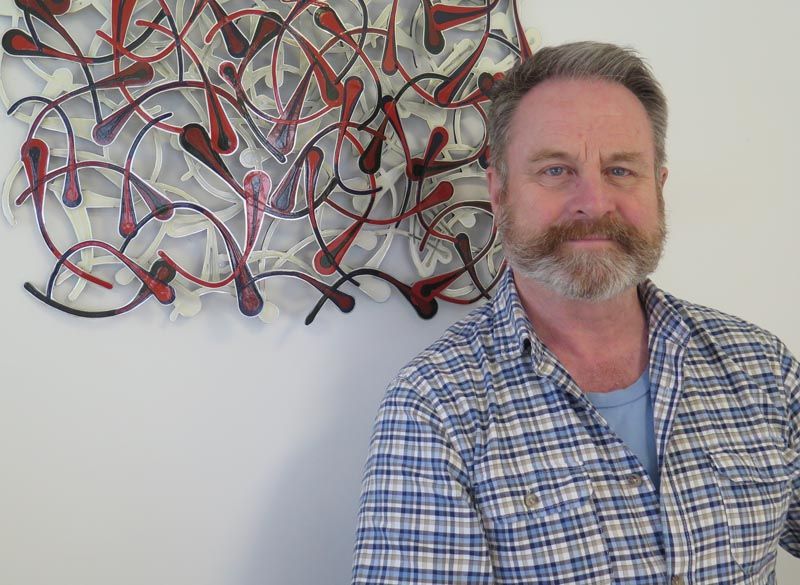
Richard Benge. Photo: Supplied.
“For the past year, these creative spaces have been discussing and developing policies and protocols about responding to different COVID-19 levels, and so they are well-prepared.
“Staff are already providing a mix oF online and live sessions for their artists, whose wellbeing is their priority. The resilience, adaptability and commitment of the staff is remarkable but last year was tough, particularly for those in Auckland. We are concerned as they pivot yet again and deal with the challenges they are facing.”
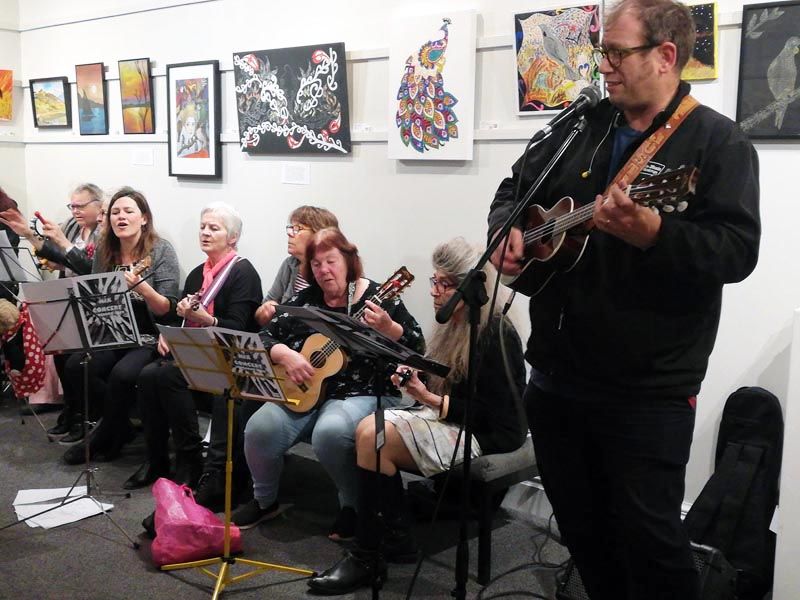
Mix musicians perform at an exhibition in Lower Hutt. Photo: Supplied.
Another area of Arts Access Aotearoa’s work is supporting festivals, artists, performing arts companies, museums, galleries and venues to improve their access to Deaf and disabled artists and audiences. This includes NZSL interpreted performances and events, touch tours and audio description, and relaxed performances.
“Our Arts For All Network members have been doing excellent work providing access for everyone,” Benge says. “But as festivals and companies grapple with how to proceed with their events, Deaf and disabled artists and audiences will also be thinking carefully about how they continue to engage with their arts community in the way that works best for them.”
Arts Access Aotearoa also advises the Department of Corrections on its arts programmes in prisons. Benge says the pandemic has been challenging for artists and arts organisations providing rehabilitative programmes because prisons, understandably, have had restricted entry over long periods of time.
“Creativity and community interaction are important to the wellbeing of many prisoners,” Benge states. “We are keen to work with the Department to explore alternative options to ensure continued access to arts programmes when entry is restricted.”
Visual reality
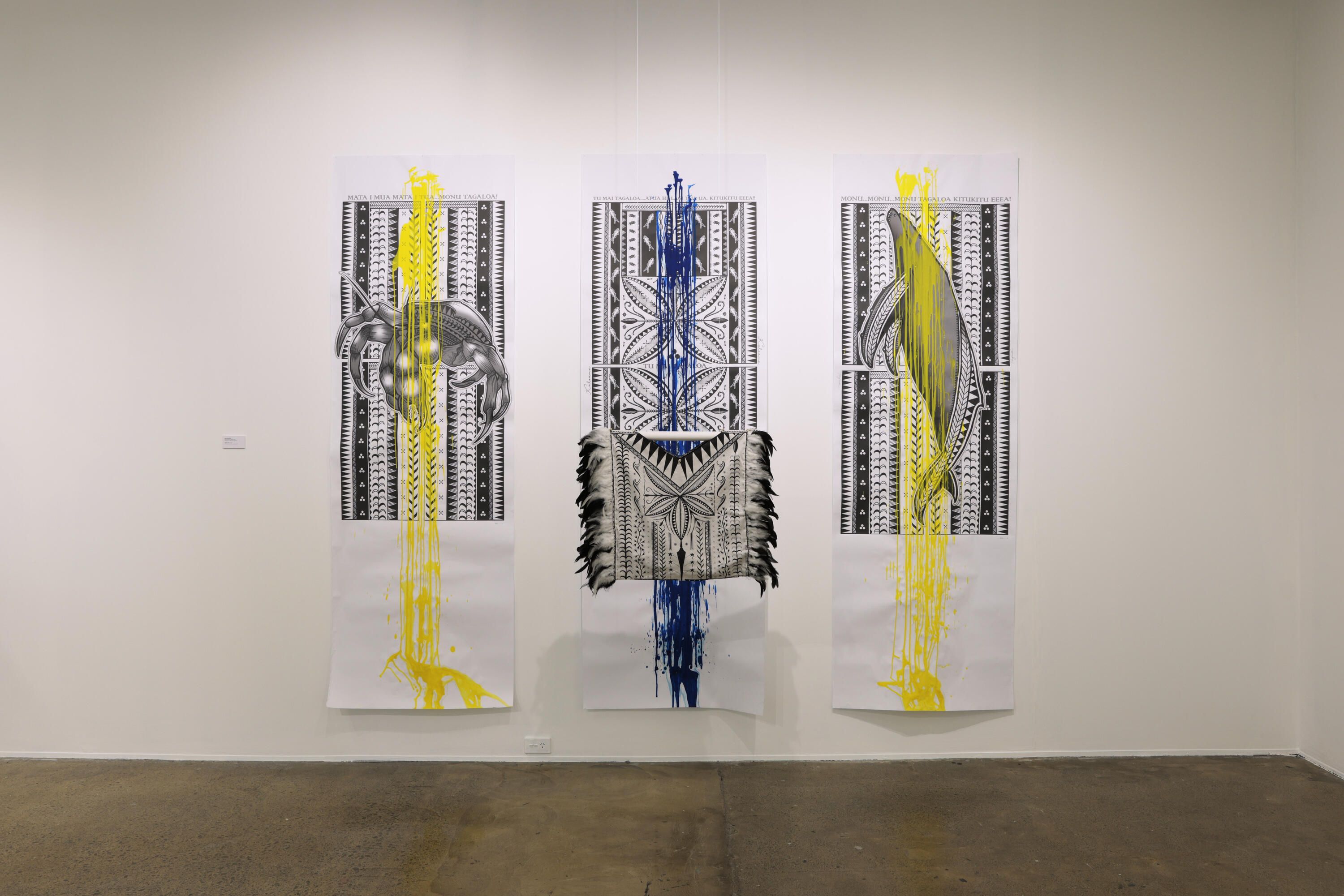
Iata Peautolu, Tiputa Foou, 2021. Photo: Supplied.
Galleries and museums are mostly staying the course with the expected restrictions - relying on previous laid out contingency plans.
But Tautai Gallery have closed their doors temporarily - bringing a close to their well-received Oh My Ocean exhibition a week early, after speaking to their artists and curator Nigel Borell.
Tautai has also moved this weekend’s planned Open Ocean community event online, turning it to a week-long occasion rather than a one-day event. The champions of Pacific creativity have also announced their next project will be multi-award winning creative and one of the 2021 Fale-ship recipients Teremoana Rapley’s first solo exhibition, ‘ui, from 26 February ahead of her long-awaited Daughter of a Housegirl album the following month (profiled here on TBI).
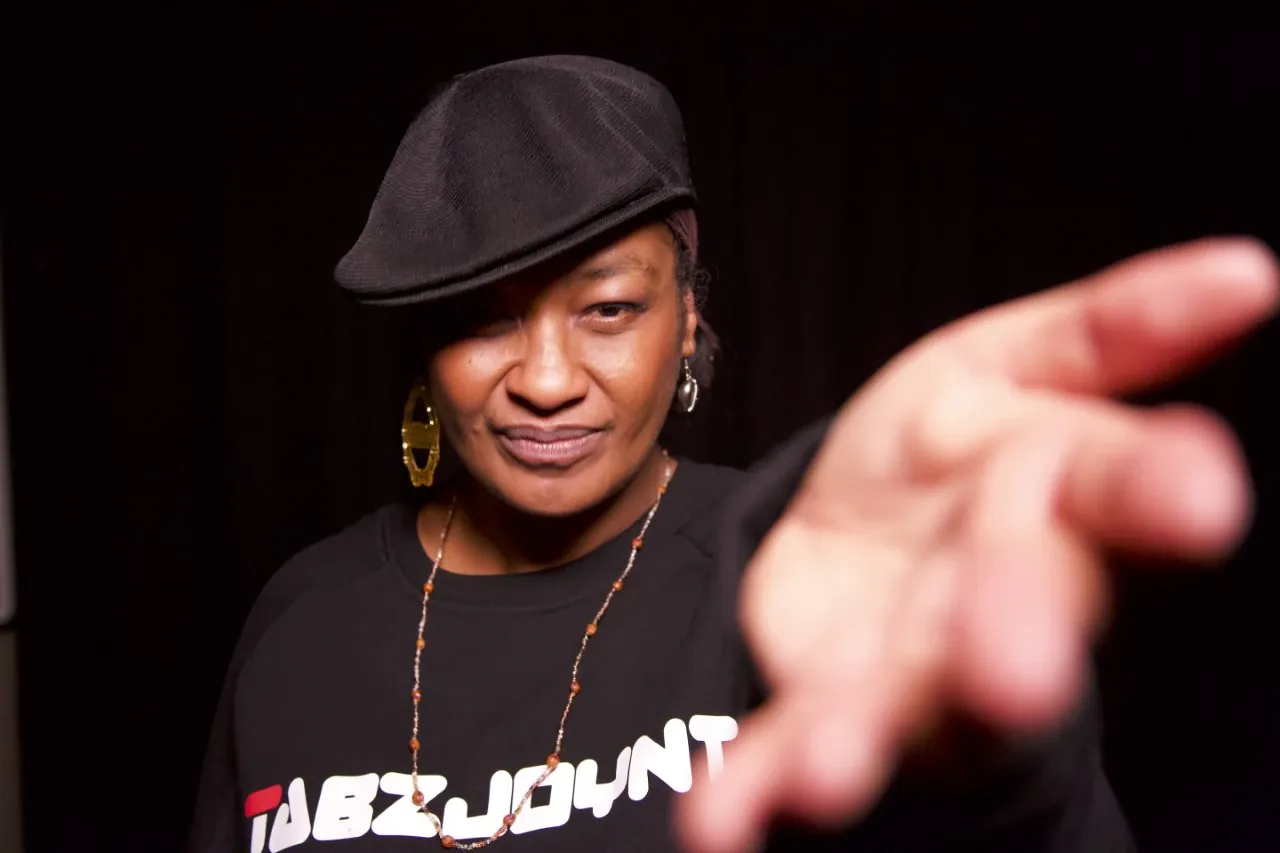
Teremoana Rapley. Photo: SWINDLR.
It also means tinkering with events like Whākatane Art Gallery’s Molly Morpeth Canaday Art Awards opening event and awards ceremony to invite only rather than to members of the public. But it will be live streamed - and all finalists' works from all three dimensional disciplines will be displayed and for sale to allow a unique visual art experience when the exhibition opens on 13 February.
Mainstream appeal
With the performance and event industry wearing easily the heaviest brunt of the Red Light shift - it was obviously going to get some headlines. That notwithstanding, it’s good to see so many mainstream news outlets and respected sites give this discussion the importance it deserves.
As Sam Brooks says on The Spinoff, “Red is a lockdown that only applies to people who make their living from the arts….Behind every cancellation are artists whose livelihoods have been ripped away from them.”
1News has aired the upset voices of musicians Ria Hall and Sachi, who have hit out at feeling used by the government to drive vaccination but are now left high and dry.
Newshub followed the petition mentioned earlier, highlighting the signees comments, including that “it's criminal to take away people's income and prevent them from working without compensating them."
RNZ has been ensuring the voice of the performance industry has been hitting the news regularly, including hearing from promoters and venue owners.
Now let’s hope they stay on the case, rather than drift off when a more juicy crisis emerges.
Brilliance by the book
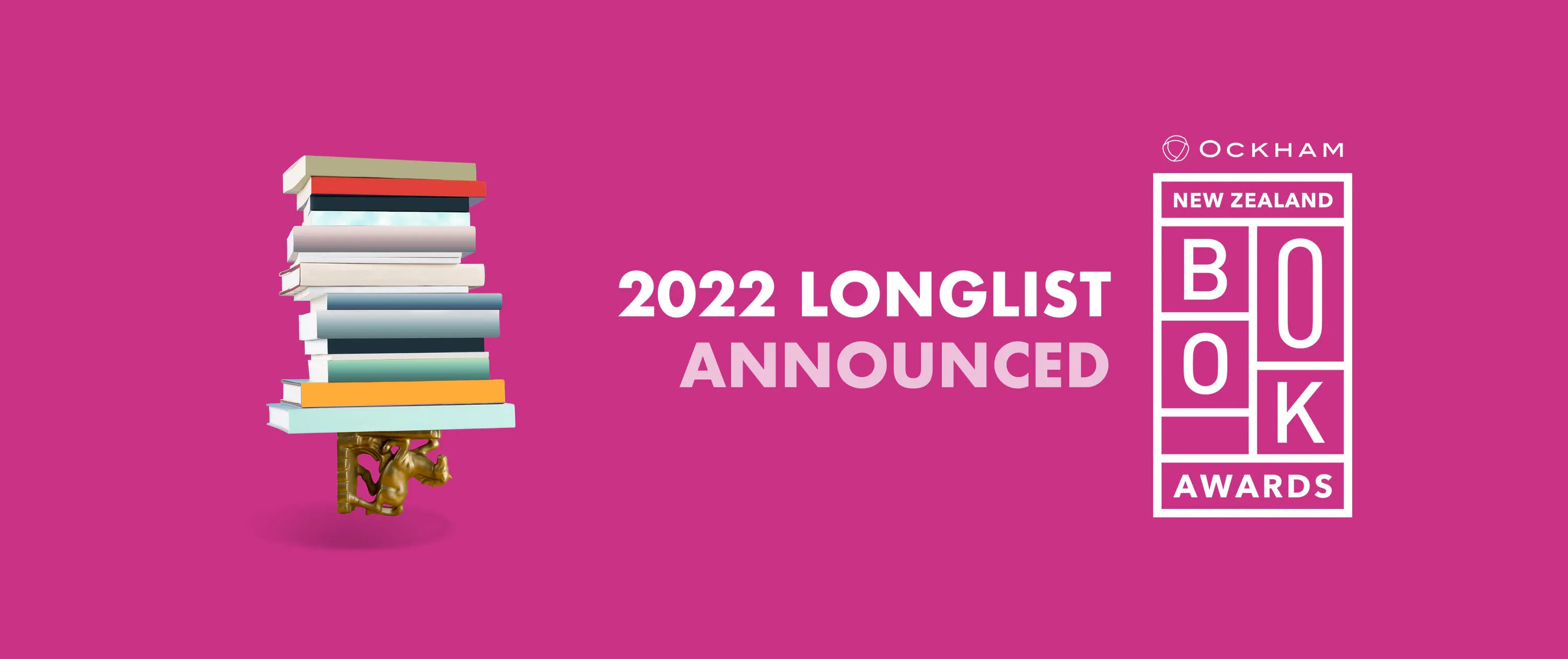
One of the most recognised and highly regarded literary awards, the Ockham New Zealand Book Awards - are doing their bit to add some sweet to all this sour.
The long list for the 2022 awards have just been announced in all four categories.
There are some familiar names in there, with the incomparable Patricia Grace among six former winners in the running, along with fellow non-fiction nominee Charlotte Grimshaw, fiction writer Stephanie Johnson, poet Anne Kennedy and illustrated non-fiction duo Hilary and John Mitchell.
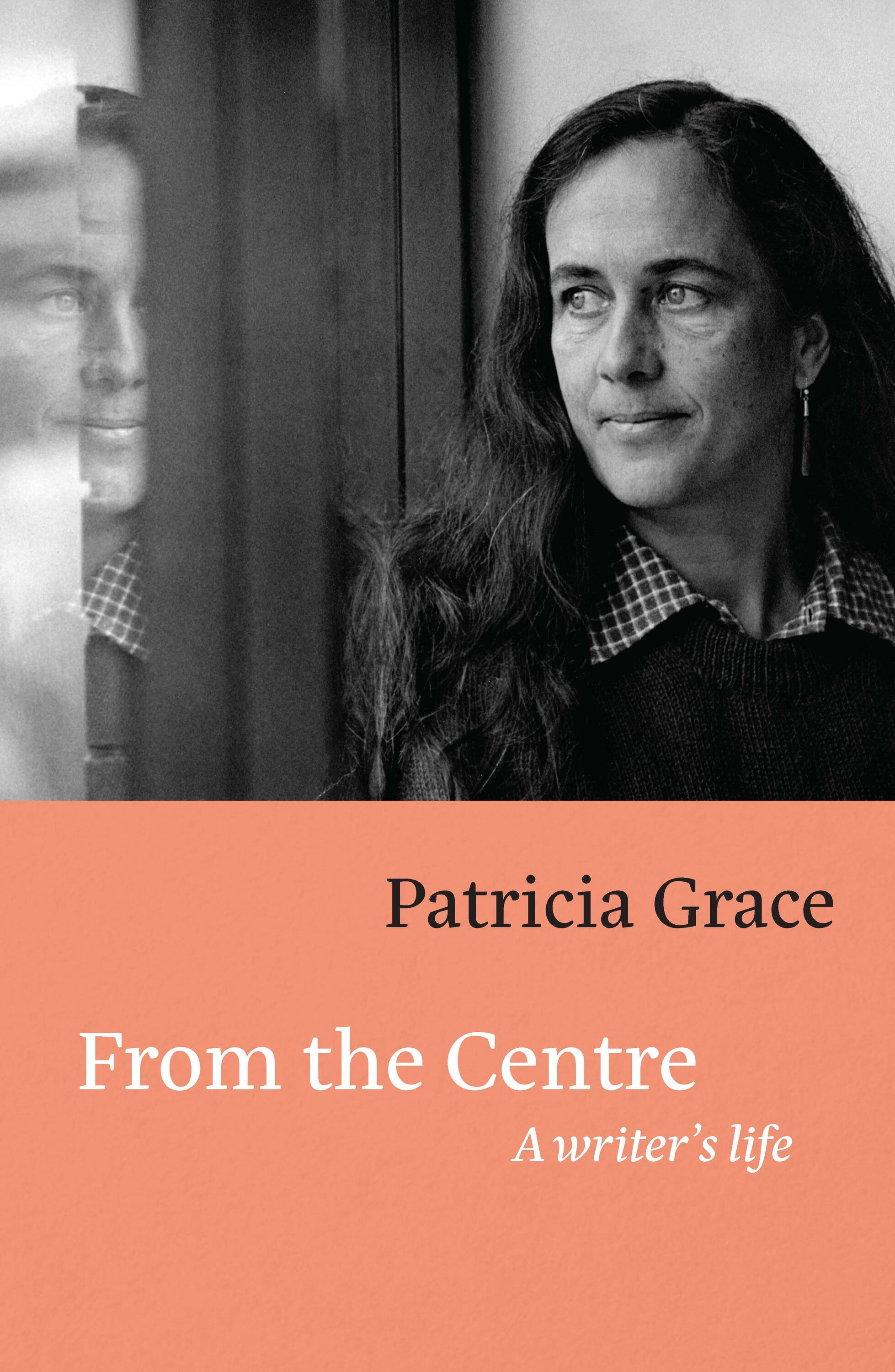
But there are also 10 authors who have been published for the first time making it straight into contention for the prestigious awards.
Talented musician Ruby Solly is among them, making the poetry long list alongside Nicole Titihuia Hawkins, Rebecca K Reilly and Clare Moleta in fiction, Qiane Matata-Sipu, Lucy Mackintosh and Bridget Hackshaw in illustrated non-fiction and Alexander McKinnon, Dave Lowe and the pairing of Christopher Finlayson and James Christmas in general non fiction.
New Zealand Book Awards Trust spokesperson Dr Paula Morris told The Lowdown “there are four discrete panels of judges - one per category - and they don't confer with each other. So any emerging themes are a matter of coincidence rather than intent.
“I see diversity in subject and style in each longlist, and an extraordinary number of emerging writers. The Ockham longlists are often eclectic and wide-ranging in this way, and judges focus on the books themselves rather than on writers' names and histories. So some bigger names are missing and some newer writers step into the spotlight.
“That there's at least one Māori writer in each of the four longlists - with three in fiction alone - reflects the increasingly robust world of Māori writing in different genres and for different publishers—from the iconic Patricia Grace and her memoir published by Penguin to a poetry debut by Nicole Titihuia Hawkins from the small We Are Babies press.”
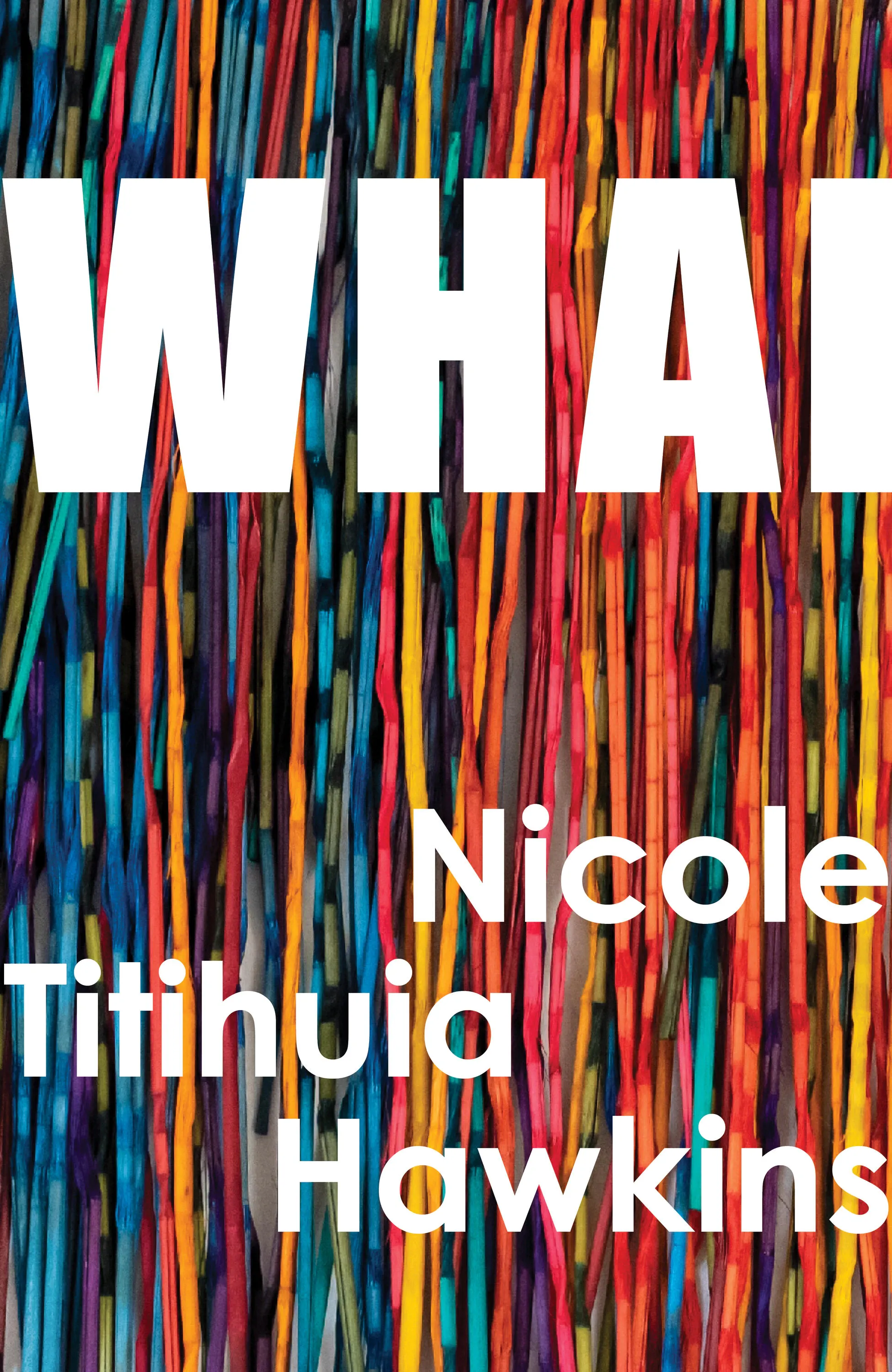
The list will be whittled down to 16 titles on 2 March - and provides an ideal shopping list if you’re looking to sample some New Zealand writers.
